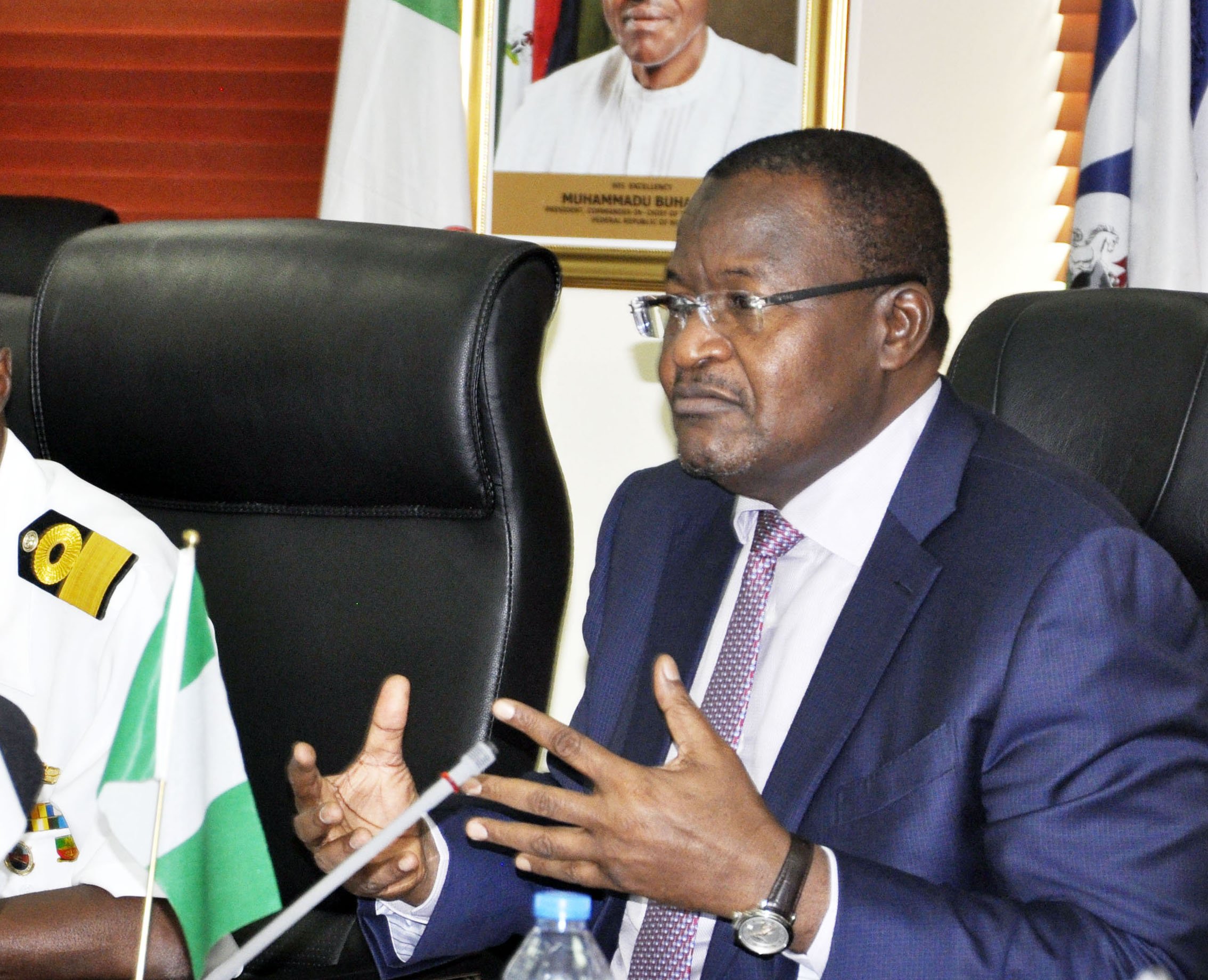The World Health Organisation (WHO) says the world does not have enough antibiotics to combat the threat of antimicrobial resistance.
A report released by the organisation on Wednesday said most of the drugs currently in the clinical pipeline are “modifications of existing classes of antibiotics and are only short-term solutions”.
According to Tedros Adhanom Ghebreyesus, WHO director general, “Antimicrobial resistance is a global health emergency that will seriously jeopardize progress in modern medicine.
“There is an urgent need for more investment in research and development for antibiotic-resistant infections including TB, otherwise we will be forced back to a time when people feared common infections and risked their lives from minor surgery.”
Advertisement
Apart from drug resistant tuberculosis, which kills about 250,000 people every year, WHO said it identified 12 classes of priority pathogens – some of which causes common infections like pneumonia or urinary tract infections – that are increasingly resistant to existing antibiotics and urgently in need of new treatments.
To counter this threat, WHO and the Drugs for Neglected Diseases Initiative (DNDi) set up the Global Antibiotic Research and Development Partnership (GARDP).
On September 4, Germany, Luxembourg, the Netherlands, South Africa, Switzerland, Britain, Northern Ireland and the Wellcome Trust pledged more than €56 million to the partnership.
Advertisement
“Research for tuberculosis is seriously underfunded, with only two new antibiotics for treatment of drug-resistant tuberculosis having reached the market in over 70 years,” said Mario Raviglione, director of the WHO global tuberculosis programme.
“If we are to end tuberculosis, more than US$ 800 million per year is urgently needed to fund research for new antituberculosis medicines.”
New treatments alone, however, will not be sufficient to combat the threat of antimicrobial resistance.
WHO and its partners are working with countries to improve infection prevention and control, and to foster appropriate use of existing and future antibiotics.
Advertisement
Add a comment







